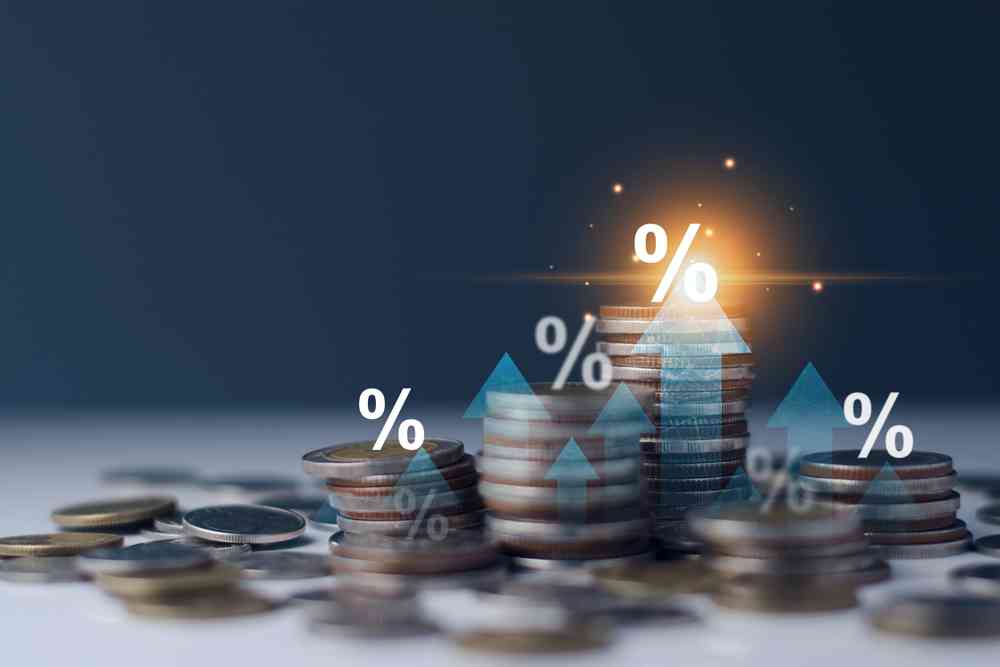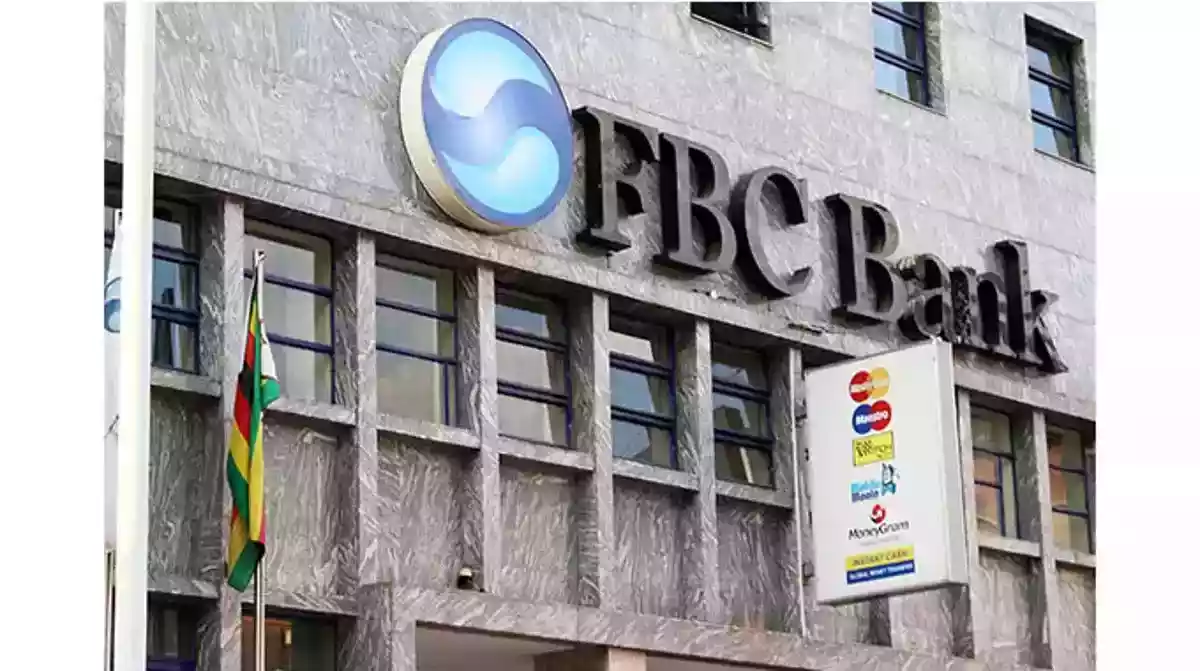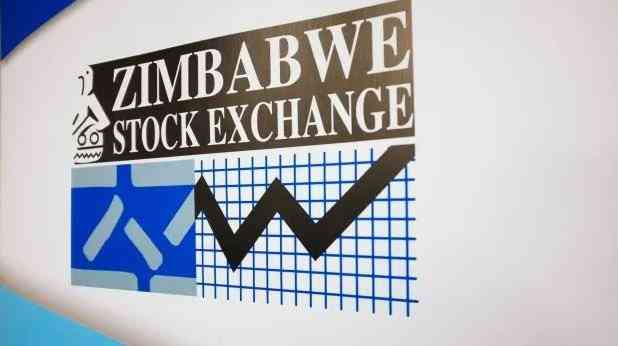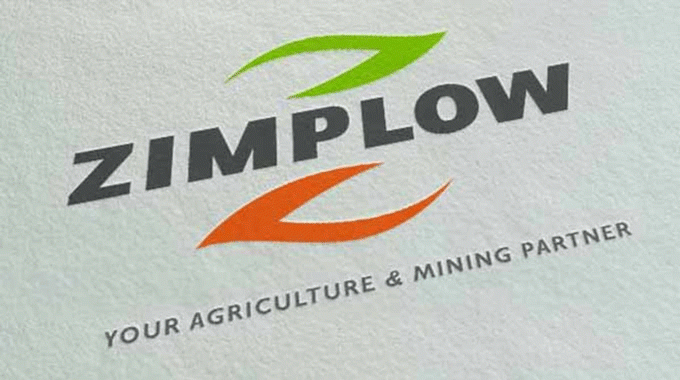
TATIRA ZWINOIRA ZIMBABWE’S largest industrial lobby cautioned against potentially devastating pushbacks following this week’s aggressive bank policy rate hikes, warning of corporate bloodbaths and fresh price surges.
The Confederation of Zimbabwe Industries (CZI) said it was preparing a full response to authorities after the Reserve Bank of Zimbabwe (RBZ) controversially lifted the bank policy rate to 200% on Monday to apply brakes on appetite for loans.
The decision, which was reached following the RBZ’s monetary policy committee (MPC) meeting on Friday, was in line with inflation trends.
Annual inflation hit 191,6% a few days before the policy decision, which has sent shock waves across industries and consumers. The rate had been kept at 80% since March but had recently been outfoxed by a relentless inflation charge.
Industrialists said a 200% rate left Zimbabwe as one of the region’s most expensive jurisdictions for bank loans.
But under fire authorities are also determined to contain money supply, estimated at ZW$27 billion (US$73 million) during the first quarter, and arrest the inflation rage.
Last week, the Zimbabwe National Statistics Agency said annual inflation hit 191% this month, from 131% in May, the highest such rate in Africa.
CZI president Kurai Matsheza said the biggest threat to industries would be a retrospective application of the new rate on existing loans.
- Chamisa under fire over US$120K donation
- Mavhunga puts DeMbare into Chibuku quarterfinals
- Pension funds bet on Cabora Bassa oilfields
- Councils defy govt fire tender directive
Keep Reading
“It would be interesting to see if this new interest rate applies to just new loans or existing loans because businesses would have already made budgets,” Matsheza said, speaking a day before the RBZ confirmed in new guidelines that existing loans would also attract the 200% rate. “If it applies to both, this will be a tough one for businesses, a real tough one. Businesses operate on borrowed funds so really with interest rates at 200% it is going to be difficult to fund their activities.
“The second thing is that if businesses are going to borrow at the rate of 200%, they are going to put the cost of that on the consumer. It is the consumer who is going to suffer. Some businesses are going to fail to operate and with those who do, you will see prices going up. All I can say is that it is going to be a real tough one for businesses going forward.”
There has already been an outcry over price hikes in both Zimbabwean dollar and United States dollar terms.
Government has accused business of abetting the crisis by profiteering, while business says it is only acting to defend its turf.
In a statement issued on Monday, the RBZ said the MPC expressed great concern over the hyperinflationary trend, which was now undermining consumer demand and confidence.
To contain the situation, the MPC resolved to increase the policy rate, hike its Medium Term Accommodation rate to 100% from 50% and move the minimum deposit rate for Zimbabwean dollar savings to 40% from 12,5%. It lifted the minimum rate for Zimbabwean dollar time deposits to 80% per annum, from 25%.
“Effective July 1, 2022 all banking institutions, development finance institutions, deposit-taking microfinance institutions and credit only microfinance institutions are required to ensure that all existing and new loans are extended at an interest rate not below the new bank policy rate of 200% per annum except for loans drawn under the Medium Term Bank Accommodation Facility, the Micro-Small-to-Medium Enterprises Facility (MSMEs) and individuals, which shall be extended at a rate not below the Medium Term Accommodation interest rate of 100% per annum,” the RBZ said.
In an interview with businessdigest, economist Persistence Gwanyanya, who sits on the MPC, said the driving force behind Monday’s measures was to curtail Zimbabwean dollar lending and stabilise the volatile exchange rate.
“We have two major channels of monetary expansion. The first is private sector credit creation by banks. The other one is the public sector, which is the government,” Gwanyanya said. “The Reserve Bank seeks to curtail growth in lending through an aggressive interest rate policy. I think for the first time this is a positive interest rate. What a positive interest rate does is it discourages speculative lending or credit creation.
“With a higher exchange rate, corporations, mainly large corporates using their monopoly power to access credit, would be forced to liquidate, that is, selling foreign currency and thus increasing US dollar liquidity in the market.
“If we increase Zimbabwean dollar demand and tighten the credit market, we expect to achieve some measure of stability,” Gwanyanya said.











